Keywords: Francis Sullivan
-
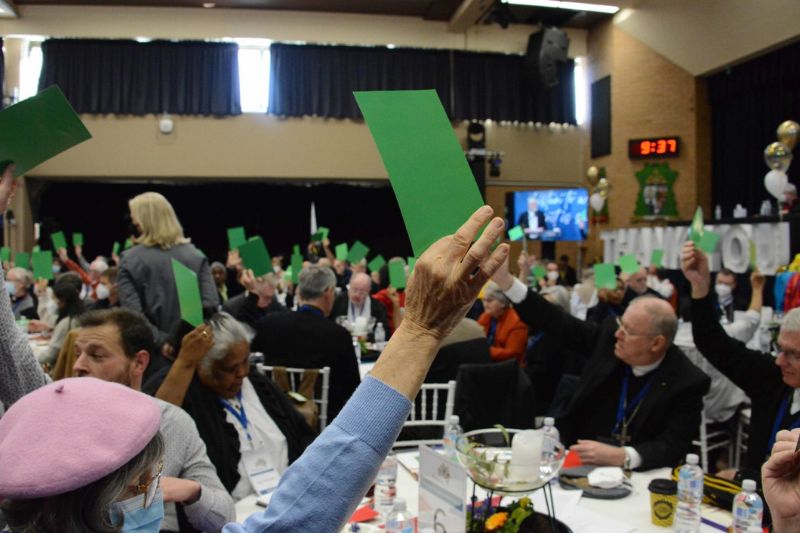
RELIGION
- Paul Collins
- 05 January 2023
The Plenary Council (PC) is over and the time has come for assessments. What did it achieve? In positive terms it brought together an enormously generous group of people whose dedication to Catholicism is extraordinary. It also demonstrated the diverse complexity of the community.
READ MORE
-

RELIGION
- Paul Collins
- 12 July 2022
33 Comments
The Plenary Council (PC) is over and the time has come for assessments. What did it achieve? In positive terms it brought together an enormously generous group of people whose dedication to Catholicism is extraordinary. It also demonstrated the diverse complexity of the community.
READ MORE 
-

AUSTRALIA
- Francis Sullivan
- 20 June 2022
1 Comment
Despite last week’s decision by the Fair Work Commission to push up the national minimum wage by 5.2 percent, millions of Australians, in all parts of the country, will continue to live in poverty and on survival wages. The facts are that the Commission’s decision takes the minimum wage from $772 a week to $812, an increase of $5.70 a day, not a fortune but better than nothing.
READ MORE 
-

RELIGION
- Francis Sullivan
- 04 January 2022
14 Comments
The First Assembly of the Fifth Plenary Council held few surprises. The program made sure of it. Proceedings were carefully choreographed and the agenda was deliberately anodyne. It took several days before participants found their feet. The upshot was a week devoid of strategic focus.
READ MORE
-

RELIGION
- Francis Sullivan
- 25 October 2021
32 Comments
The First Assembly of the Fifth Plenary Council held few surprises. The program made sure of it. Proceedings were carefully choreographed and the agenda was deliberately anodyne. It took several days before participants found their feet. The upshot was a week devoid of strategic focus.
READ MORE 
-

MEDIA
- Peter Donnan
- 19 November 2020
66 Comments
Author Gideon Goosen estimates the percentage of those involved in reform groups in Australia is 5 per cent or less. Given the passivity of the laity, his view is that reform proponents should seek to engage the 40 to 45 per cent who might change their thinking. What forums or media, with sufficient audience reach and influence, facilitate respectful discussion of change in the Catholic Church?
READ MORE 
-
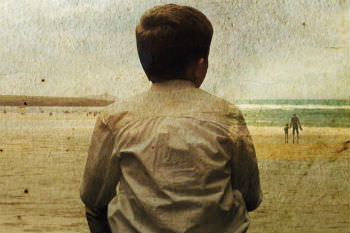
RELIGION
- Tracey Edstein
- 18 February 2019
28 Comments
My hope is that the summit will recognise that the hierarchical nature of the institutional church, and its corollary, clericalism, is the biggest stumbling block to making the church not merely a safe place for all, but the welcoming, compassionate, open community it is intended to be.
READ MORE 
-
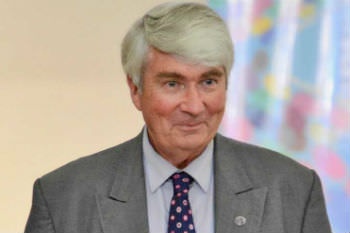
RELIGION
- Frank Brennan
- 18 February 2019
'We can do this better by breaking down the silos and binding together our concern for nature, justice for the poor, commitment to society, and interior peace.' Opening Keynote Address by Fr Frank Brennan SJ at the Catholic Social Services Australia National Conference, Port Macquarie 19 February 2019.
READ MORE
-
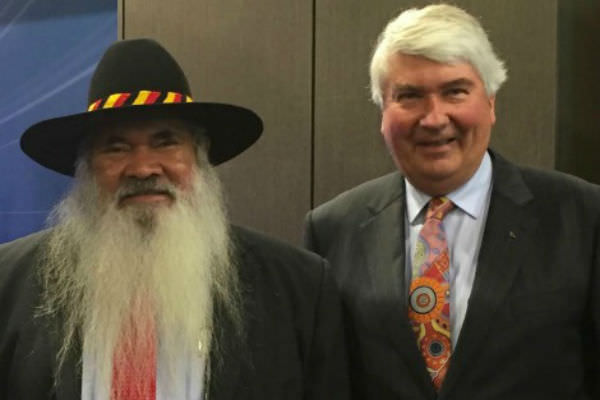
RELIGION
- Frank Brennan
- 10 September 2018
As leaders like Gough Whitlam and Patrick Dodson have attested, if we are to imagine and strive towards New Horizons for Justice and Solidarity, we need conviction, perseverance, capacity for compromise, relationships of trust, humour.
READ MORE
-
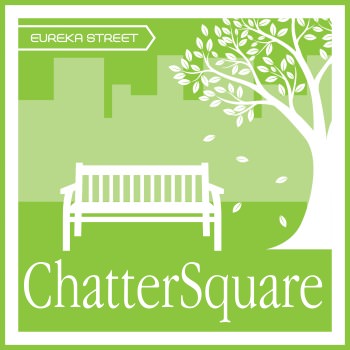
PODCAST
The Royal Commission into Institutional Responses to Child Sexual Abuse has concluded. What lies ahead now for the Catholic Church? Francis Sullivan, CEO of the Truth Justice and Healing Council, talks about what the process has been like, and the unease among ordinary Catholics that church leaders still don't get it.
READ MORE
-
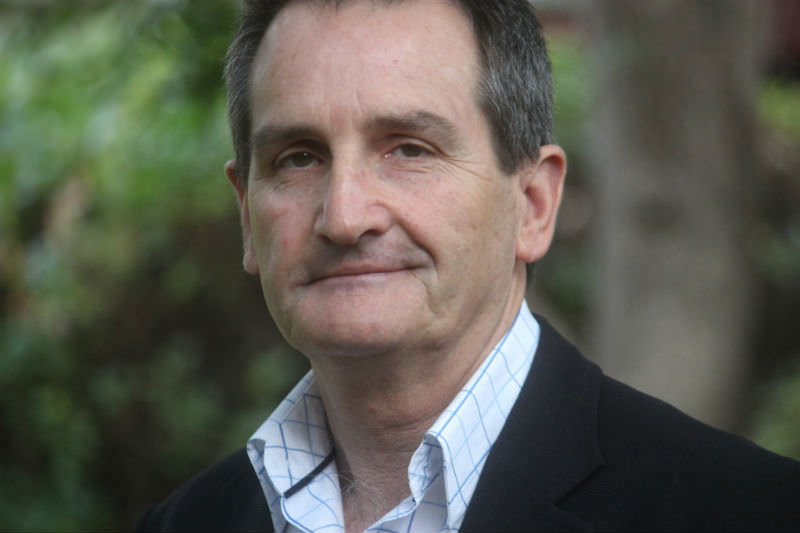
RELIGION
- Fatima Measham
- 24 January 2018
19 Comments
Fatima Measham speaks with Francis Sullivan, CEO of the Truth Justice and Healing Council, to reflect on the journey since the Royal Commission was first announced in November 2012 and to consider what are the next steps for the Church.
READ MORE 
-
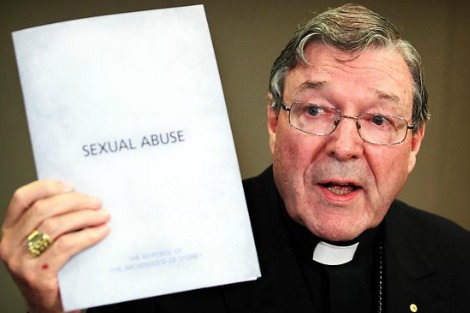
RELIGION
- Frank Brennan
- 08 January 2018
13 Comments
The statistics were horrifying. Every case represented a person who claims as a child to have been abused by a person of authority in a Catholic institution. Whichever way the statistics are interpreted in comparison with other institutions, they are appalling. We need to hold the victims clearly in focus.
READ MORE 